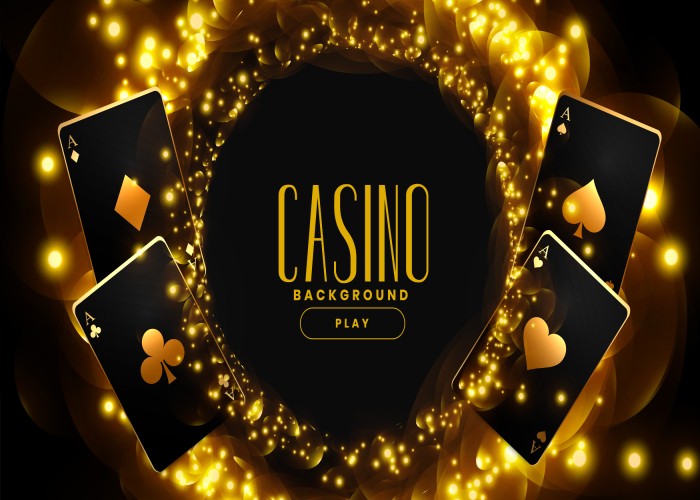Blog Detail
- Home
- Blog Detail
A Brief History of Casinos

The Origins of Gambling
The history of gambling stretches back thousands of years, deeply rooted in ancient civilizations such as China, Egypt, and Greece. These early societies developed rudimentary games of chance, often tied to religious or social practices. Artifacts like dice made from animal bones and inscriptions documenting gambling activities reveal how integral these pastimes were to their cultures. Gambling was not only a form of entertainment but also a way to determine fate, resolve disputes, or predict future outcomes, demonstrating its significance across human history.
The Birth of the Casino
The concept of the modern casino began to take shape in Venice, Italy, in 1638 with the opening of the Ridotto. Established by the government to control and regulate gambling, the Ridotto offered an organized and elegant environment for players. Patrons were required to follow strict dress codes and adhere to rules that ensured fair play. While it was eventually closed in 1774 due to concerns over excessive gambling, the Ridotto set the blueprint for the structured gaming establishments we recognize today.
The Spread of Casinos Across Europe
Following the success of the Ridotto, gambling houses began to flourish throughout Europe. France became a hotspot for card games, with innovations such as roulette being introduced in the 18th century. Meanwhile, Germany's spa towns, like Baden-Baden, attracted wealthy visitors to their luxurious casinos. These venues were often associated with sophistication and exclusivity, catering to the upper echelons of society and further cementing the allure of gambling as a refined pastime.
The Rise of American Casinos
Gambling found its way to the United States with European settlers, evolving as it blended with local culture. In the 19th century, riverboats on the Mississippi River became popular gambling hubs, offering a mobile solution for enthusiasts during westward expansion. By the early 20th century, cities like Las Vegas and Atlantic City emerged as global gambling capitals. Las Vegas, in particular, saw a dramatic transformation during the 1940s with the advent of lavish resorts, thanks in part to influential figures like Bugsy Siegel, who helped shape its iconic casino culture.
The Modern Casino Landscape
Today, the legacy of these historical milestones is evident in the global casino industry. From opulent land-based venues to cutting-edge online platforms, gambling has become a multibillion-dollar enterprise. Cities like Las Vegas and Macau continue to attract millions of visitors annually, blending the rich traditions of early casinos with technological innovations. The evolution of casinos reflects not only the enduring appeal of gambling but also its ability to adapt to changing times and cultural shifts, ensuring its relevance for generations to come.


